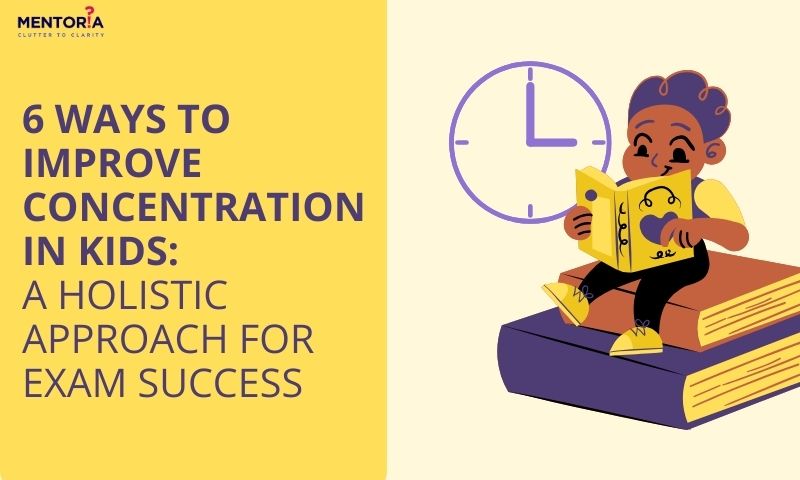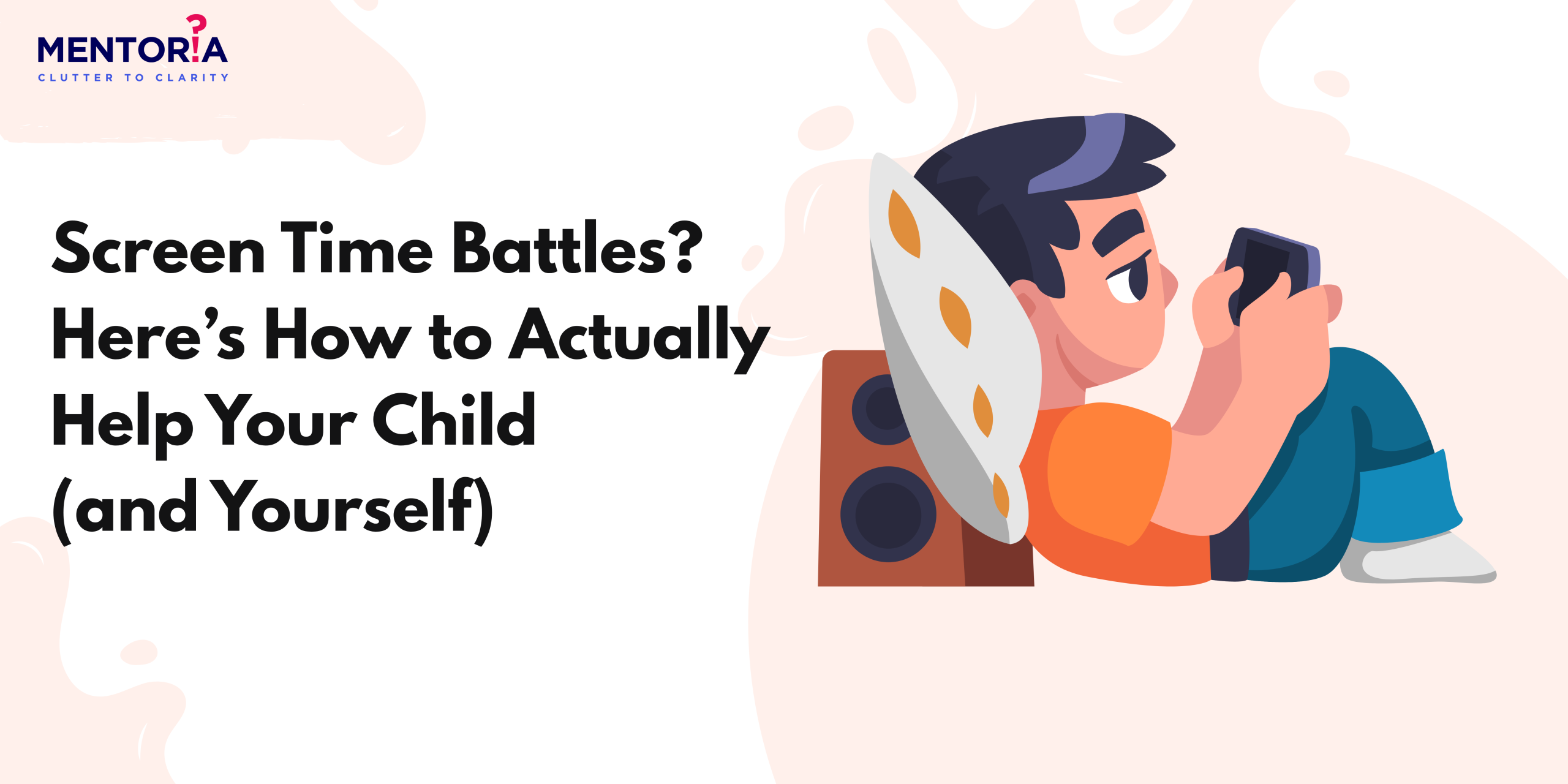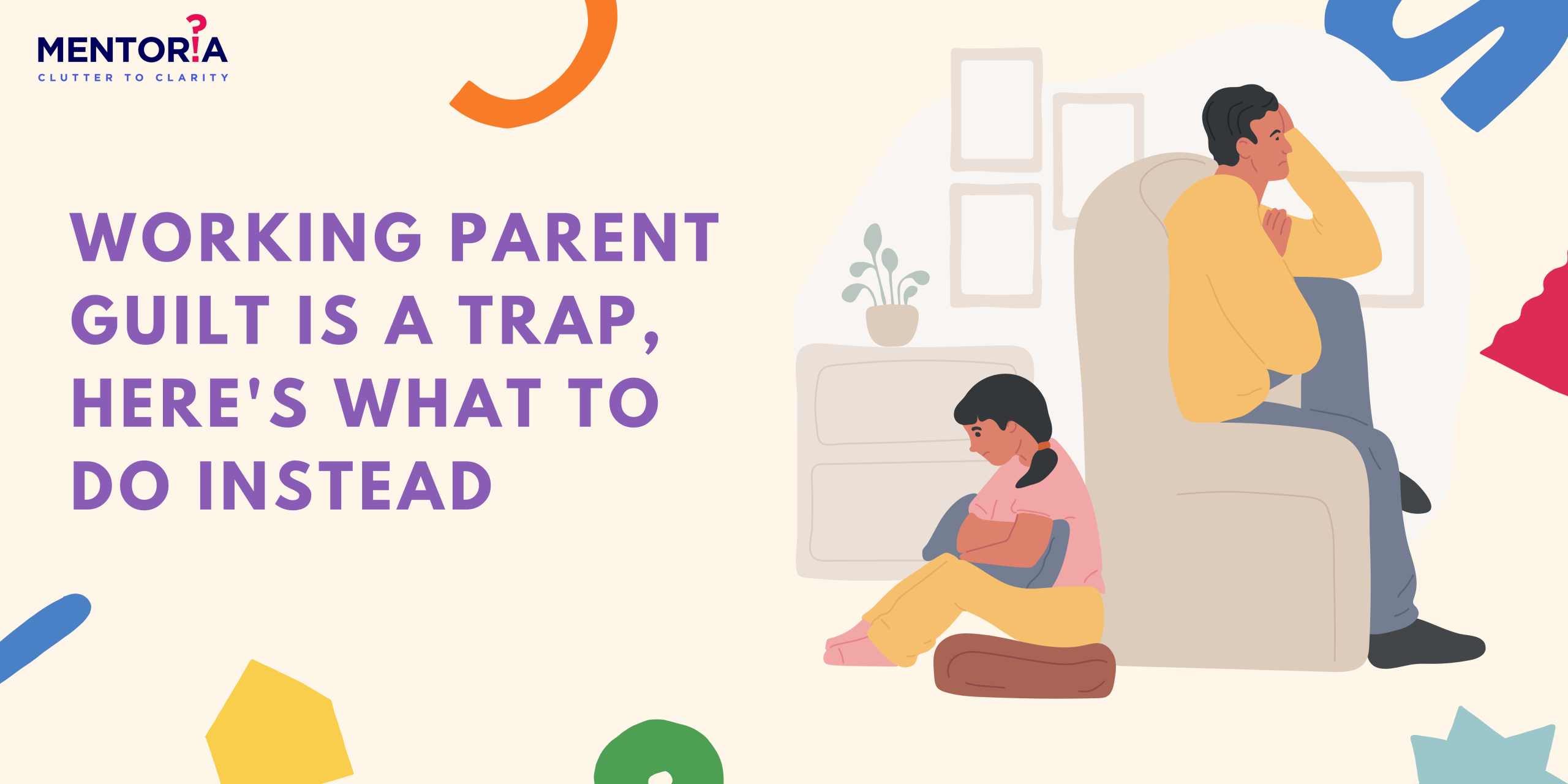6 Ways to Improve Concentration in Kids: A Holistic Approach for Exam Success

In the frenetic pace of today’s digital era, where every notification competes for attention, making children concentrate better has become the sole mission for parents. And as parents we all know, this need is more evident during exam times, when the demand for sustained focus and memory recall is at its peak. The ability to maintain focus during critical study sessions directly impacts their preparation and, consequently, their performance, making it paramount for parents to play an active role in nurturing the concentration ability.
Let’s delve into six practical strategies that parents can seamlessly incorporate into children’s daily routines to not just boost but supercharge their concentration levels.
Comfortable Study Area
Creating a conducive study environment begins with a comfortable seating arrangement. A 2018 study found that children who used ergonomic chairs were able to study for more extended periods and reported higher levels of concentration compared to those who used standard chairs. This is likely because ergonomic chairs provide better support for the back and neck, which can help to reduce fatigue and discomfort.
Here are some tips for creating a comfortable study space:
- Get the chair and table that are the right size for your child. The desk should be high enough so that their feet can touch the floor when they are seated, and the chair should have adjustable armrests.
- Make sure the study space is well-lit. Natural light is best, but if not available, use a study lamp with bright white light.
- Keep the study space clutter-free. A messy environment can be distracting and make it difficult to focus.
Take Care of Distractions
Mobile phones can detrimentally impact children’s concentration due to constant notifications, tempting apps, and social media distractions. Research suggests that the mere presence of a smartphone can reduce cognitive capacity, affecting attention and focus. The need to instantly reply to messages may interrupt study sessions, hindering the development of sustained concentration. Excessive screen time has also been linked to decreased attention spans in children. With much entertainment at their fingertips, mobile phones pose a significant challenge to maintaining the focused mindset necessary for effective learning and academic success in children.
Here are some tips for minimising distractions:
- Create a “no-tech” zone for study time. This means putting away all phones, tablets, and laptops. It would be great if you also don’t use your phone in that no-tech area during their exam time.
- If your child needs to use a computer for their studies, make sure apps are locked and be around to keep a check.
- Use a timer to help your child stay focused. Set a timer for 25 minutes and encourage them to work without interruption. Then, let them take a short break before starting the next timer.
Make A Timetable
Establishing a consistent study timetable instils discipline and motivation. Researchers have found that children who had a regular study schedule had higher grades and test scores than those who did not. This is likely because a schedule helps children develop discipline and good time management skills that make it easier for them to focus on their studies.
Here are some tips for creating a study timetable:
- Work with your child to create a schedule that fits their needs and interests.
- Make sure the schedule is realistic and achievable.
- Set aside plenty of time for breaks.
- Stick to the schedule as much as possible, even on weekends.
Nutritional Fuel
A well-balanced diet is the cornerstone of cognitive development. It’s a fact that children who ate a healthy diet had better cognitive function and academic performance than those who did not. This is likely because healthy foods provide the nutrients that your child’s brain needs to function properly.
Here are some tips for helping your child eat a healthy diet:
- Ensure your kid eats a lot of fruits, vegetables, and whole grains.
- Control their intake of sugary drinks, junk foods, and unhealthy fats.
- Encourage your child to drink plenty of water. Keep a water bottle on their desk.
Parental Support
While maintaining a supportive distance, offering assistance when needed can foster a positive study environment. A 2019 study found that children who received parental support during their studies had higher levels of motivation and achievement than those who did not. This is likely because parental support can help children feel confident and capable. However, you must keep that hand holding very positive and relaxed, and keep encouraging them. Most importantly, celebrate your child’s smallest of successes.
Play and Learn
Engaging in brain-boosting games such as jigsaw puzzles and crossword puzzles has been linked to improved concentration levels in children. Children who play brain-training games have improved attention spans and working memory. This is likely because these games help to develop cognitive skills that are also important for learning.
Here are some tips for incorporating brain-boosting games into your child’s routine:
- Make time for family game nights and play Scrabble.
- Encourage your child to do puzzles like sudoku, crosswords, and other brain teasers. They learn more by watching, so make it a habit to solve them every day yourself, too.
Let Mentoria Help
In today’s world of constant stimuli, nurturing a child’s ability to focus isn’t just a desirable trait; it’s a vital skill. Implementing these six strategies isn’t about creating a rigid study timetable or turning learning into a chore, rather as parents you need to foster an environment where learning is a joyous journey. Having said that, at Mentoria, we understand that these parenting challenges can be demanding but you don’t need to do it all solo. We’re here to offer guidance, support, and resources to help you navigate educational choices, career paths, and any other challenge you may face. So, if you’re ever wondering, “What’s next?” know that we’re just a reach away. Let’s empower your child’s potential together.









